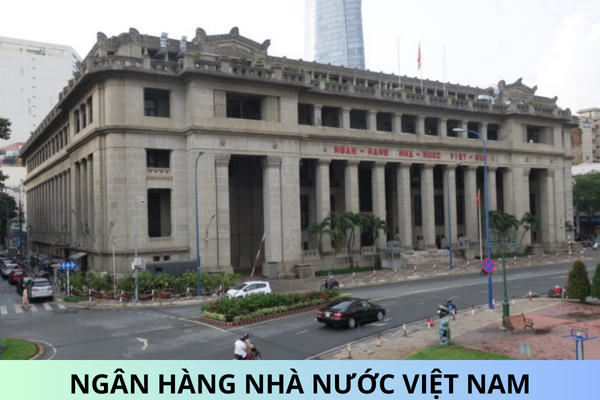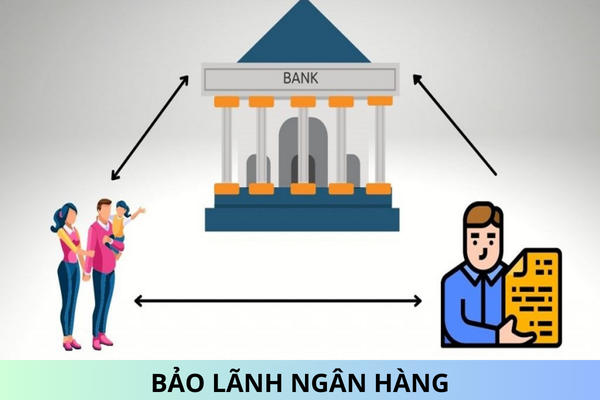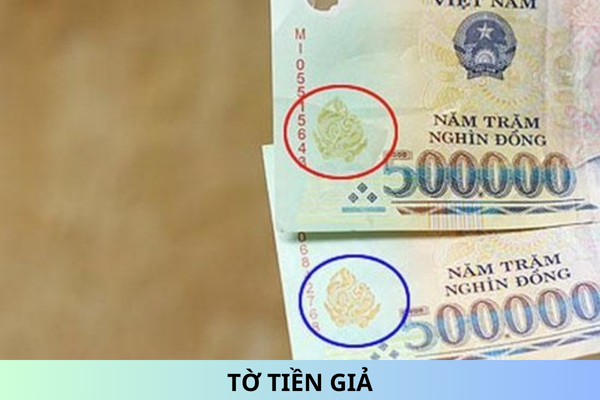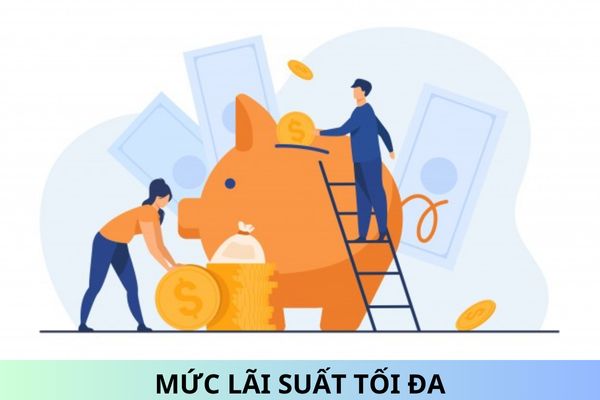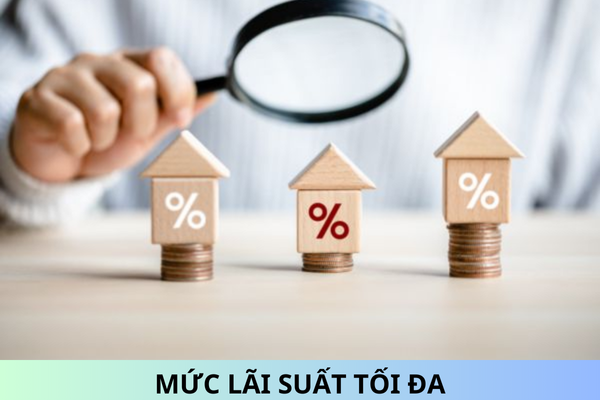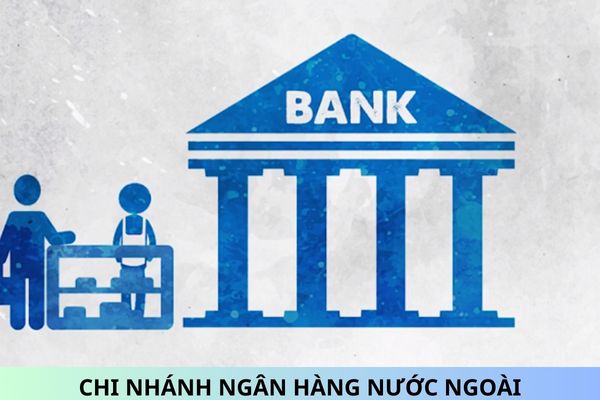Where to exchange ripped money in Vietnam? Are there exchange fees for ripped money in Vietnam?
Where to exchange ripped money in Vietnam? Are there exchange fees for ripped money in Vietnam? - Ms. Khanh (Phu Yen)
What are standards for money not eligible for circulation in Vietnam?
Pursuant to Clause 1 and 2, Article 4 of the Circular 25/2013/TT-NHNN stipulating standards for money not eligible for circulation as follows:
Standards for money not eligible for circulation
1. Money that is torn into pieces, damaged due to the circulation process (group of objective reasons):
a) Paper money, of which color is changed, of which designs, letters, digits are faded, which is wrinkled up, smeared, dirty, old; torn into pieces or patched up in full form;
b) Coins, of which the picture, designs, letters, digits and the plated layer are worn out, rusted, damaged partially or wholly.
2. Money that is torn into pieces, damaged due to the preservation process (group of subjective reasons)
a) Paper money which is holed, partially torn; patched up; fired or deformed due to contact with high heat source; of which printing paper, color, security specifications are changed due to the chemical impact (for example detergent, acid, corrosive, etc); which contains the writing, is drawn, erased; which is decayed or deformed due to other reasons, but not due to acts of deterioration.
b) Coins, which are curved, deformed, or of which design, picture is changed due to the impact of external force or high temperature; which are rusty due to contact with metal corrosive chemicals.
...
Standards for money not eligible for circulation in Vietnam are as follows:
- Money that is torn into pieces, damaged due to the circulation process (group of objective reasons):
+ Paper money, of which color is changed, of which designs, letters, digits are faded, which is wrinkled up, smeared, dirty, old;
+ Paper money that is torn into pieces or patched up in full form;
+ Coins, of which the picture, designs, letters, digits and the plated layer are worn out, rusted, damaged partially or wholly.
- Money that is torn into pieces, damaged due to the preservation process (group of subjective reasons)
+ Paper money which is holed, partially torn;
+ Paper money which is patched up;
+ Paper money which is fired or deformed due to contact with high heat source;
+ Printing paper, color, security specifications are changed due to the chemical impact (for example detergent, acid, corrosive, etc);
+ Paper money which contains the writing, is drawn, erased;
+ Coins which is decayed or deformed due to other reasons, but not due to acts of deterioration.
+ Coins, which are curved, deformed, or of which design, picture is changed due to the impact of external force or high temperature; which are rusty due to contact with metal corrosive chemicals.
Where to exchange ripped money in Vietnam? Are there exchange fees for ripped money in Vietnam? - Source: Internet
Where to exchange ripped money in Vietnam?
Pursuant to Article 6 of the Circular 25/2013/TT-NHNN stipulating exchange of money not eligible for circulation as follows:
Exchange of money not eligible for circulation
1. For money that is not eligible for circulation as stipulated in Clause 1 and Clause 3, Article 4 of this Circular, State Bank branches, Central Banking Department, the collecting-exchanging unit shall be responsible for immediate withdrawal, exchange for customers who have demand, without limit of quantity and requirement of procedures.
2. For money that is not eligible for circulation as stipulated in Clause 2 Article 4 of this Regulation, customers shall submit that money to the State Bank branches, Central Banking Department, collecting-exchanging units. These units shall receive and consider exchanging with the following conditions:
a) Money torn, damaged not due to act of destruction;
b) Where the bank note is fired, holed, torn partially, its remaining area must be equal to or larger than 60% of the area of the note of the same type, if it is patched up, its area must be larger than 90% of the note of the same type and its origin and lay-out must remain unchanged (front, back; upper, lower; right, left), and its security elements are identifiable;
For polymer money, which is fired or shrunk due to contact with high heat source, its remaining area must be at least equal to 30% of the note of the same type, its lay-out remains unchanged, and at least two of following security elements must be identifiable: the hidden picture in the small window; luminescent colorless ink, luminescence of the serial number lines, security fiber, IRIODIN factor, portrait of the President Ho Chi Minh.
Based on the conditions for exchange of money as stipulated in this Paragraph, State Bank branches, Central Banking Department, the collecting- exchanging unit shall carry out the money exchange for customers. If the conditions for money exchange are not satisfied, State Bank branches, Central Banking Department, the collecting- exchanging unit shall return the money to customers and give a notice of the reason thereof.
For money notes of which exchange conditions are unidentified and need further appraisal, the relevant customer must submit a written application for money exchange (as per Appendix No. 01 attached herewith).
As regulations above, citizens in Vietnam may exchange ripped money at the State Bank branches, Central Banking Department, collecting-exchanging units.
Are there exchange fees for ripped money in Vietnam?
Pursuant to Article 8 of the Decision 24/2008/QĐ-NHNN stipulating as follows:
Article 8. Fee for exchange of money not qualified for circulation
1. Fee for exchange of money not qualified for circulation in accordance with provisions in Paragraph 2, Article 6 of this Regulation shall be equal to 4% of total value of the money, not qualified for circulation, to be exchanged, and the minimum fee for each amount to be exchanged shall be 2,000 dong.
2. Fee for exchange of money not qualified for circulation already include value added tax and is recorded into income of the collecting- exchanging unit.
However, Decision 24/2008/QĐ-NHNN, which stipulated a fee for exchanging non-standard currency, expired on January 20, 2014. Instead, Circular 25/2013/TT-NHNN of the State Bank of Vietnam no longer stipulates a fee for exchanging money.
Therefore, when exchanging torn money at a bank, if it meets the exchange standards, there will be no fees.
Best regards!
